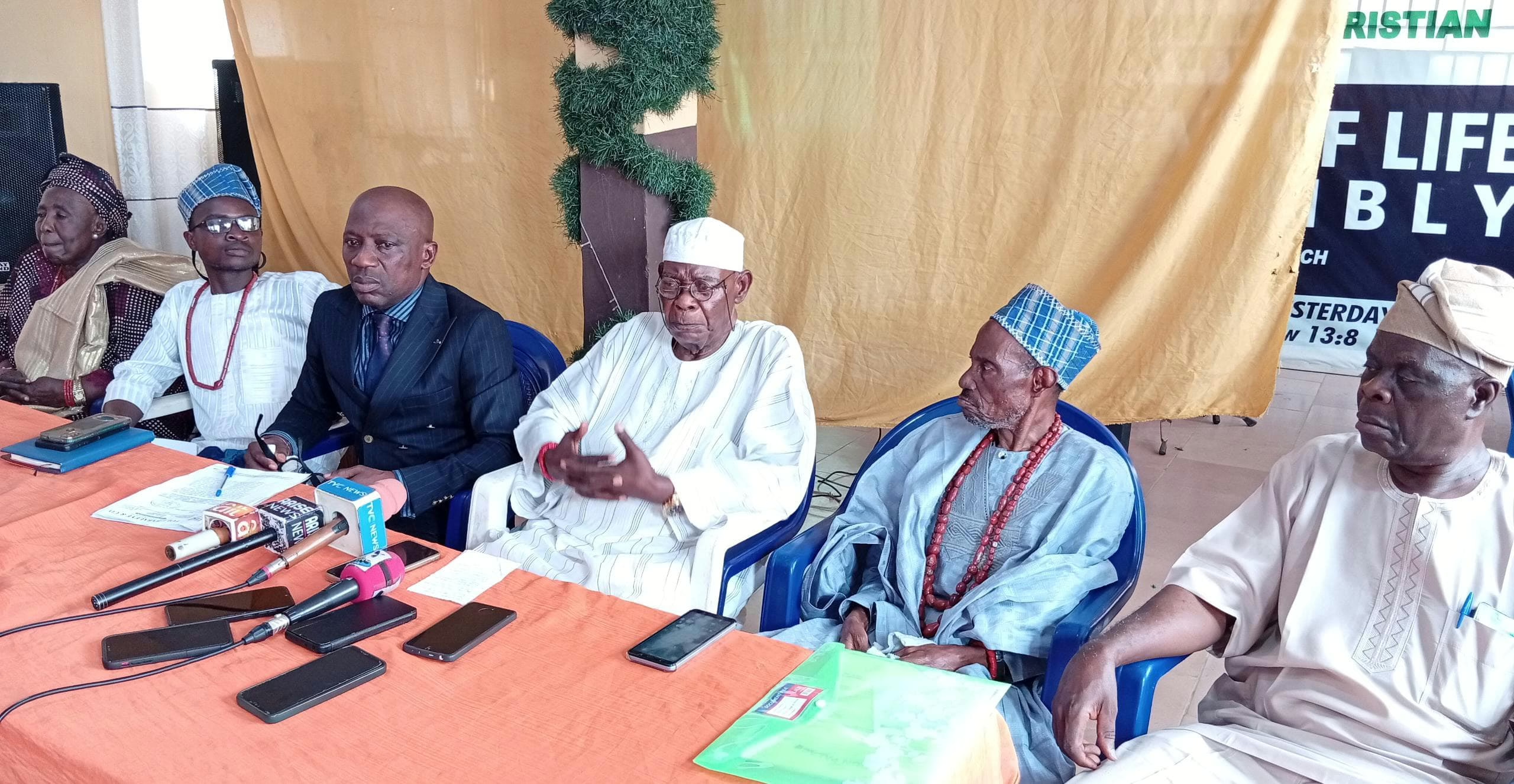In a landmark decision today, the Supreme Court of Nigeria has reshaped the landscape of local government autonomy, delivering a resounding verdict that alters the power dynamics between state and federal entities. The ruling, delivered by a seven-member panel led by Emmanuel Agim, upholds the autonomy of Nigeria’s 774 local governments, marking a pivotal moment in the country’s governance structure.
For decades, local governments are in severe financial constraints, as state governors take charge of their federal allocations, leaving them dependent on piecemeal funds for basic operations. This longstanding practice, condemned by the Supreme Court as unconstitutional, allowed governors to exert undue influence over local elections and administration, undermining democratic processes at the grassroots level.
See The Key Highlights of the Judgement:
1. Direct Allocation Disbursement: Effective immediately, local governments will receive their allocations directly from the federal Accountant-General, bypassing state control. This measure aims to curb governors’ ability to withhold funds and ensure that local councils have the financial independence necessary for effective governance.
2. Constitutional Amendment: The Supreme Court’s ruling effectively nullifies the section of the constitution that previously allowed joint allocations between states and local governments without National Assembly amendment, reinforcing the principle of direct allocation.
3. Illegality of Caretaker Committees: The appointment of caretaker committees by governors has been declared illegal and unconstitutional. This ruling prevents governors from arbitrarily dissolving elected local government chairmens.
4. Governors’ Influence: Critically, the Supreme Court denounced governors who have wielded their power to stifle local government autonomy, labeling them as threats to democratic progress.
Implications and Future Prospects:
The verdict is expected to have far-reaching implications, revitalizing local governance and restoring public confidence in grassroots democracy. Calls for the Independent National Electoral Commission (INEC) to oversee local elections may gain traction, further securing electoral integrity and fairness.
In conclusion, the Supreme Court’s judgement marks a significant step towards enhancing governance effectiveness at the local level, emphasizing the importance of financial autonomy and democratic principles in Nigeria’s evolving political landscape.







Leave a Reply